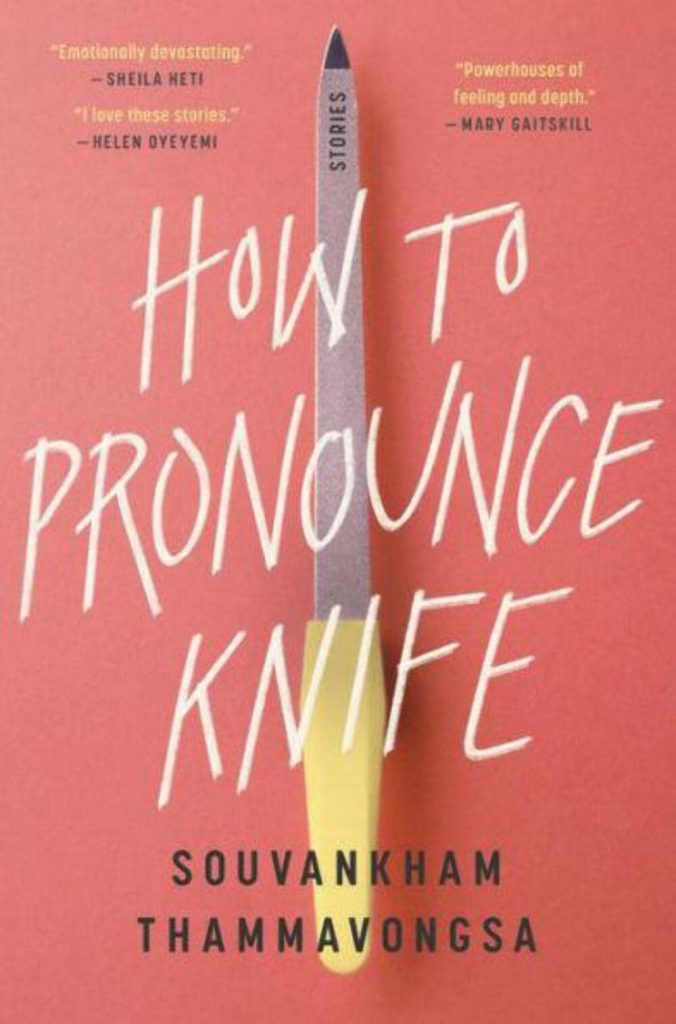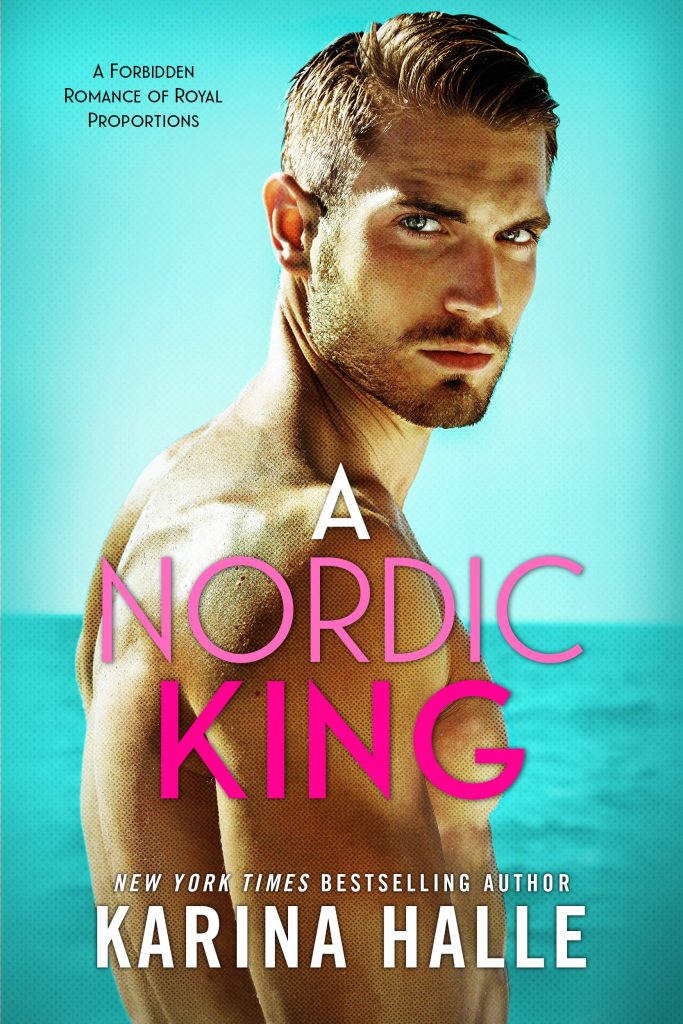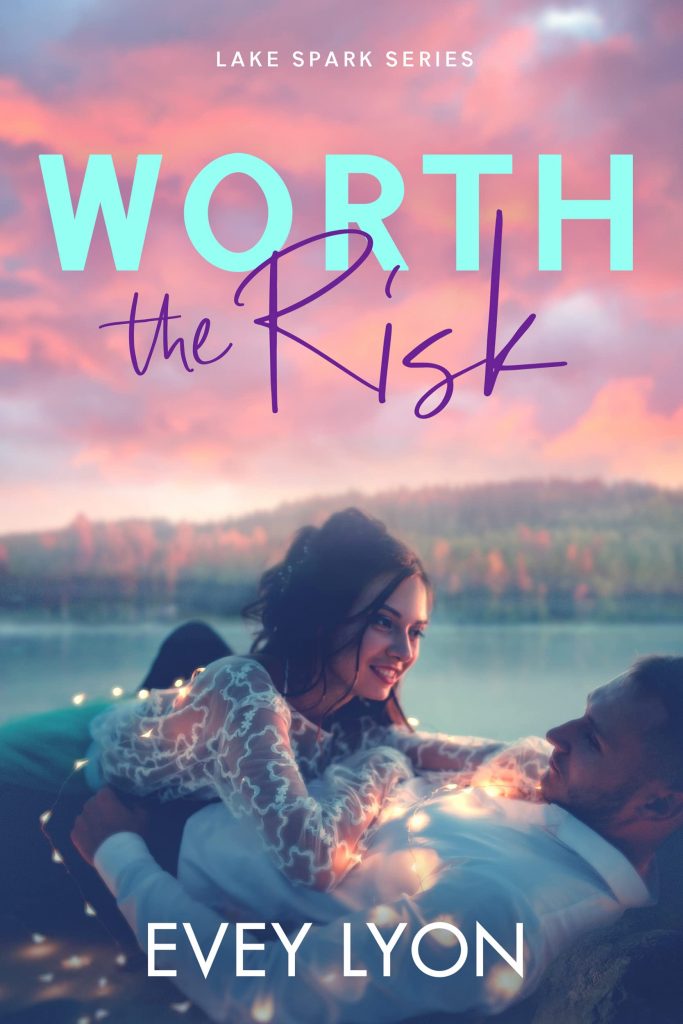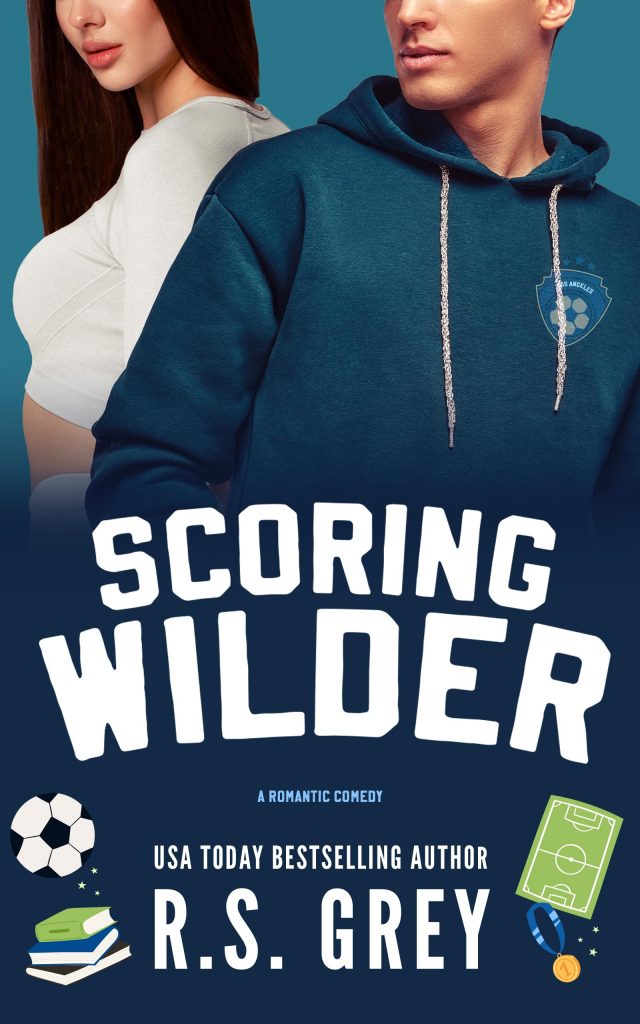Lately, we’ve wrapped ourselves in the vivid and evocative tales from “How to Pronounce Knife: Stories” by Souvankham Thammavongsa. This collection takes readers through the nuanced experiences of Lao immigrants, weaving tales that strike a balance between the bitter and the sweet of life’s journey. Characterized by its spare and thoughtful prose, each story is crafted with precision to open your eyes to a world straddling the past and present.
Reading this book, you’ll be drawn into narratives that are at once ironic, funny, and sad, portraying a rich tapestry of the immigrant experience with all its complexities. The authenticity of the voice within these pages makes them that much more compelling. While some stories may challenge comfort zones, they’re undeniably poignant and have left many readers deeply moved.
Bottom Line
Our journey with “How to Pronounce Knife” has been both enlightening and affecting, offering a window into a world of resilience and transformation.
If these stories appeal to the contours of your curiosity and you’re ready to explore the depth of the immigrant psyche, embark on this literary adventure.
How to Pronounce Knife: Stories Overview
Recently, we had the opportunity to explore “How to Pronounce Knife” by Souvankham Thammavongsa, a collection of short stories that offer a profound look into the immigrant experience. Each story in the book paints a vivid picture of characters navigating the challenges and triumphs of life in a new world. From our reading, it’s apparent that the author has a clear, poignant writing style that brings each narrative to life.
We found that what makes this book stand out is its raw honesty and the graceful way it illustrates each character’s journey. These tales shed light on the hopes and dreams, as well as the often harsh realities, faced by immigrants. One downside, some readers might find the stark realism presented in a few stories a bit heavy, but overall, the book offers a compelling and illuminating experience.
Thammavongsa’s skillful storytelling offers an enriching perspective, making “How to Pronounce Knife” thought-provoking and a genuine page-turner that resonates long after the last page is turned.
Cultural Insights and Themes
In our experience with “How to Pronounce Knife,” we’ve found that it offers a nuanced exploration of the immigrant experience. The collection of short stories resonates deeply with the struggles and the small victories of life as newcomers in a foreign land. Through its pages, our understanding of the cultural clashes and the quest for identity in an adopted homeland has been profoundly enriched.
The narratives are rich with themes of perseverance and the search for belonging, undercut by a persistent sense of displacement. It’s not just a book; it’s a reflection of real struggles that resonate with many. While reading, we were moved by the characters’ resilience in the face of everyday challenges and their relentless pursuit of the American Dream, despite the odds often being stacked against them.
Despite the serious themes, the author injects a heartfelt wit, which we found to be both refreshing and impactful. Reading between the lines, there’s an undercurrent of hope that makes the stories universally appealing and authentic. Our take: this book shines a light on important cultural conversations, making it a worthy read that stays with you long after you turn the last page.
Engaging Writing Style
When diving into “How to Pronounce Knife,” what strikes us immediately is Thammavongsa’s ability to craft narratives that resonate on a deeply human level. Each story within this collection brings to life the nuanced experiences of Lao immigrants, confronting us with both the poignant struggles and the flickers of joy in their journeys. While some stories may seem stark in their portrayal, the unadorned prose only serves to amplify the emotional depth.
Our reading experience is varied; the book tugs at heartstrings with its tender touch and sometimes delivers a gut punch of reality. Yet, there are moments when the collection’s spare language leaves us wanting more—an emotional connection not entirely fulfilled. That said, there’s a general consensus that Thammavongsa is an author of remarkable talent—her perspectives on immigration viewed through a remarkably clear lens of irony and humor mixed with sadness.
We recognize that not every reader will connect with these stories in the same way; they are, at times, an acquired taste and the minimalistic style might not suit all. Still, there’s an unmistakable authenticity in the work that commands respect, and we find ourselves recommending the book for those who appreciate literary craftsmanship and raw storytelling.
Pros and Cons
Having spent quality time with “How to Pronounce Knife” and absorbed its rich tapestry of narratives, we’re in a solid position to weigh its strengths and weaknesses.
Pros
- The collection gives us a riveting glimpse into the immigrant experience, specifically focusing on Lao immigrants, which adds an authentic and unique perspective to contemporary literature.
- We’ve noticed the prose is both simple and poignant, making it easily accessible yet deeply moving and thought-provoking.
- Readers looking for heartfelt stories that explore both the painful and beautiful aspects of life will find this book satisfying. It touches on the complexities of assimilation and identity.
- The book’s variety of first-person accounts provides multiple angles of understanding the immigrant journey, and we deeply appreciate this narrative diversity.
- For those who value concise storytelling, Thammavongsa’s spare language offers a refreshing clarity that packs emotional depth without overwhelming the reader.
Cons
- Some readers may find the stories challenging, as they don’t shy away from discomfort and can be quite raw in their depiction of the characters’ struggles.
- The themes, while powerful, are not light-hearted, and may not appeal to those seeking more optimistic or uplifting narratives.
- Our experience suggests that a few stories might not resonate with everyone, possibly due to the stark realism that lacks the typical “happy ending” some might hope for in immigrant tales.
- It’s important to note that the sobering reality portrayed in the book might not align with readers looking for escapism or entertainment in the usual sense.
In sum, “How to Pronounce Knife” is a compelling read that we find beautifully written and eye-opening, albeit with a gravity that might not suit all literary appetites.
Customer Reviews
In our experience with “How to Pronounce Knife,” we found ourselves immersed in a collection that vividly portrays the complexity of the immigrant experience. Readers resonate with the authentic representation of Lao immigrant life, finding the stories revealing and moving. While the book has a strong average rating of 4.3 from over a thousand readers, opinions do vary.
Several readers express profound connections with the narrative, mentioning it’s an eye-opener and beautifully crafted. The tales are acclaimed for their raw emotion and uncomfortable yet necessary storytelling. The book shies away from sugar-coated narratives, which adds to the genuine feel.
However, a few readers had difficulty engaging with the stories or felt that the compilation did not reflect the breadth of Lao immigrant experiences. Some look for more uplifting endings but still acknowledge the skilled writing style.
Translating these collective insights, it’s clear that this book has struck a chord with readers who appreciate literary exploration into lives that echo resilience and hardship. Whether the book is a hit or a miss seems largely dependent on the reader’s personal taste and what they seek in a story. Overall, “How to Pronounce Knife” has been received as a poignant, must-read anthology with strong voices and impactful narratives.
Conclusion
In wrapping up our thoughts on “How to Pronounce Knife,” we find ourselves struck by the profound storytelling. Souvankham Thammavongsa displays a unique ability to weave together tales that are at once heart wrenching and eye-opening. Her depiction of Lao immigrant experiences in short story form is both tender and powerful, teaching us about resilience and the complexities of assimilating into a new culture.
Yet, not every story resonates with every reader. Some of us struggled to connect with the narrative or yearned for happier conclusions. Nonetheless, what is undeniable across these pages is the skillful prose—minimalist, yet charged with emotion.
The book is not without its critics, and for those seeking upbeat endings, it may prove a challenging read. However, it’s the searing honesty and unflinching portrayal of reality that sets this collection apart. Having had the chance to absorb these stories, we can confidently say that they offer a unique lens on the immigrant experience, one that is poignant, occasionally uncomfortable, but ultimately enlightening.



